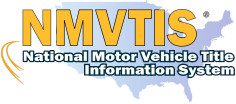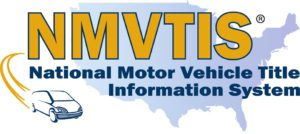Does that car belong to a member of the Military?
Hmm… Does that Car belong to a member of the Military?
It happens. You’ve towed a vehicle into your lot and attempted to notify the owner and lienholder to have it picked up with no luck. You notice there’s a bumper sticker on it that says Look Sharp, Be Sharp, Go Army! Do you move forward with taking possession of the vehicle? Not so fast! At this point you want to make a good faith effort to verify whether this vehicle is owned by an active member of the military.
SCRA
According to the U.S. Department of Defense’s official Servicemembers Civil Relief Act (SCRA) Website, the Servicemembers Civil Relief Act (SCRA) (50 USC App. § 3901 et seq, as amended), formerly known as the Soldiers’ and Sailors’ Civil Relief Act of 1940, provides members on active-duty status with important safeguards in areas of financial management that include rental agreements, security deposits, evictions, installment contracts, credit card interest rates, mortgages, civil judicial proceedings, income tax payments, etc. SCRA website enables financial service providers to determine if an individual is eligible for the provisions of SCRA.

Penalties…
That includes enforcement of liens on an impounded vehicle without a court order if the vehicle is owned by a service person. In statements issued by the Department of Justice last fall, they reported on multiple cases of tow companies having to pay significant civil penalties and additional compensation for the vehicle owner because they auctioned off vehicles and violated SCRA.
Good Faith?
So how does a tow company make that good faith effort to avoid penalties and protect the asset of one of America’s service members? There are a couple of websites we’ve found that can help.
Summary
You can go to https://scra.dmdc.osd.mil/scra/#/home. This is a free service but requires that you have the date of birth and social security number of the serviceperson.
A second website called the Servicemembers Civil Relief Act Centralized Verification Service provides search results without birthday and social security number, but there is a fee of nearly $39 per search. That site can be found at https://www.servicememberscivilreliefact.com.
It doesn’t happen often, but when an active service member’s vehicle is impounded and sold without their knowledge, the penalties and compensation for violations can cost a tow company thousands of dollars. Better to spend a little time and money in advance to avoid a financial disaster later.





